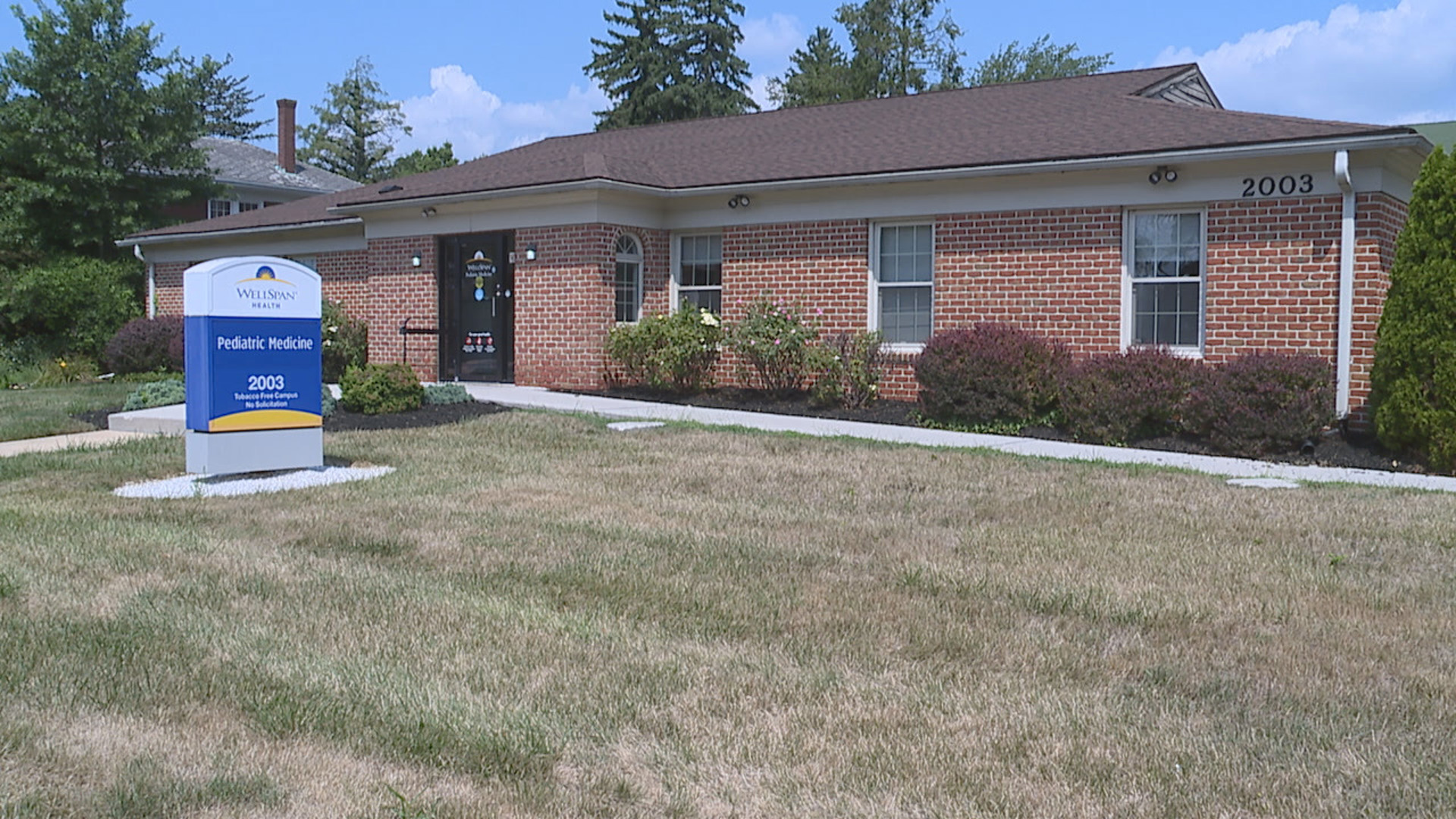PENNSYLVANIA, USA — Back-to-school is back.
Whether it’s a child’s first day, or starting another year, Dr. Christopher Russo with WellSpan Health says it’s time to start practicing good sleep hygiene.
“Infants we expect them to have 12 to 16 hours of sleep, toddlers about 11 to 14 hours of sleep, preschoolers about 10 to 13 hours of sleep, grade school children about 9 to 12 hours of sleep, and teenagers about 8 to 10 hours of sleep,” Russo said.
Dr. Russo works as a pediatrician at WellSpan Health York Hospital and oversees all pediatrics as its director.
Starting a sleep schedule can smoothen the transition back-to-school.
One obstacle when making a schedule is factoring a weekday-to-weekend discrepancy.
“Meaning that children will have accumulated a sleep deficit during the week and then catch up on the weekend and wake up on the weekend in the afternoon sometimes because they are so behind in their sleep as well as their activities,” Russo said.
Poor sleep is associated with poor academic performance and can lead to several behavioral and emotional problems like depression.
What should parents consider while planning a sleep schedule?
- Limit technology use before bed.
- Maintain a clean sleeping environment to fall asleep in.
- Lay out tomorrow’s belongings the night before to avoid unnecessary stress the next morning.
“The worst that can happen is when a child wakes up and is really put into a situation of confusion and in chaos,” Russo said.
Parents are also encouraged to use their best judgment when giving kids sleeping aids like melatonin.
“It can be helpful in the short-term situations but as with any medication, whether it is a vitamin or melatonin, they need to be kept out of the reach of children, because children who self-medicate with this medication can have dangerous consequences there,” Russo said.
Dr. Russo says cases of melatonin overdoses are on the rise and therefore encourages parents to speak with their childcare physician to see if it is right for their children.
He also recommends parents visit the American Academy of Pediatrics for more information about sleep hygiene.

